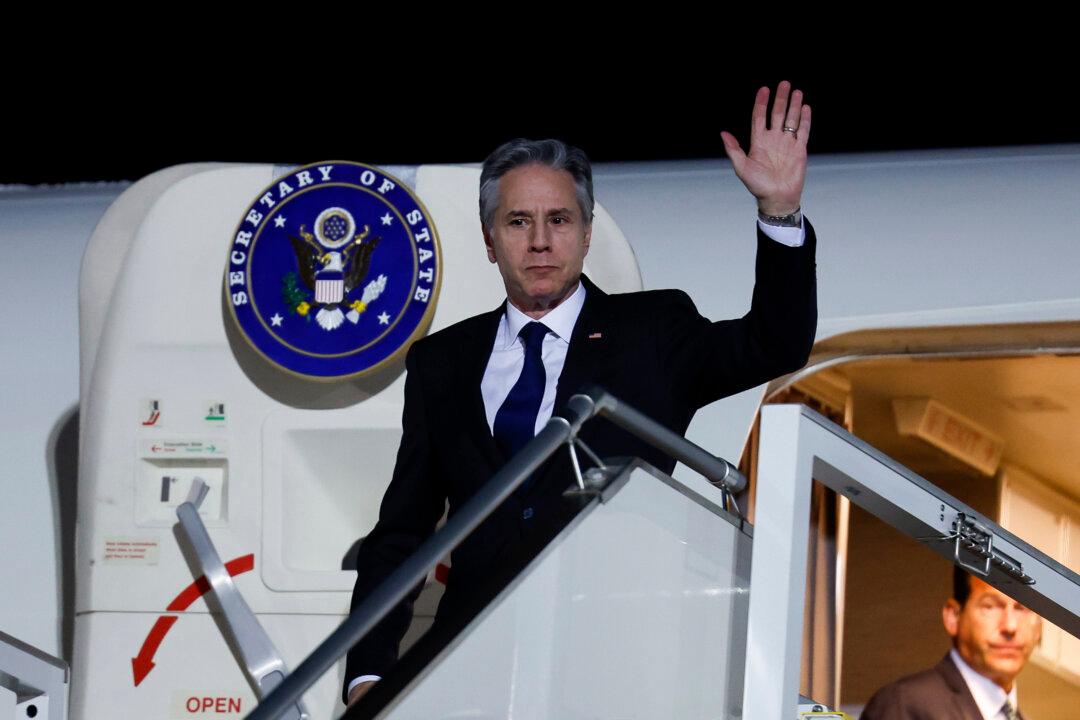News Analysis
YAOUNDE, Cameroon—A recent visit to Africa by U.S. Secretary of State Antony Blinken has once again laid bare the limits of Washington’s power and the waning dynamic of the U.S. relationship with African governments.

YAOUNDE, Cameroon—A recent visit to Africa by U.S. Secretary of State Antony Blinken has once again laid bare the limits of Washington’s power and the waning dynamic of the U.S. relationship with African governments.